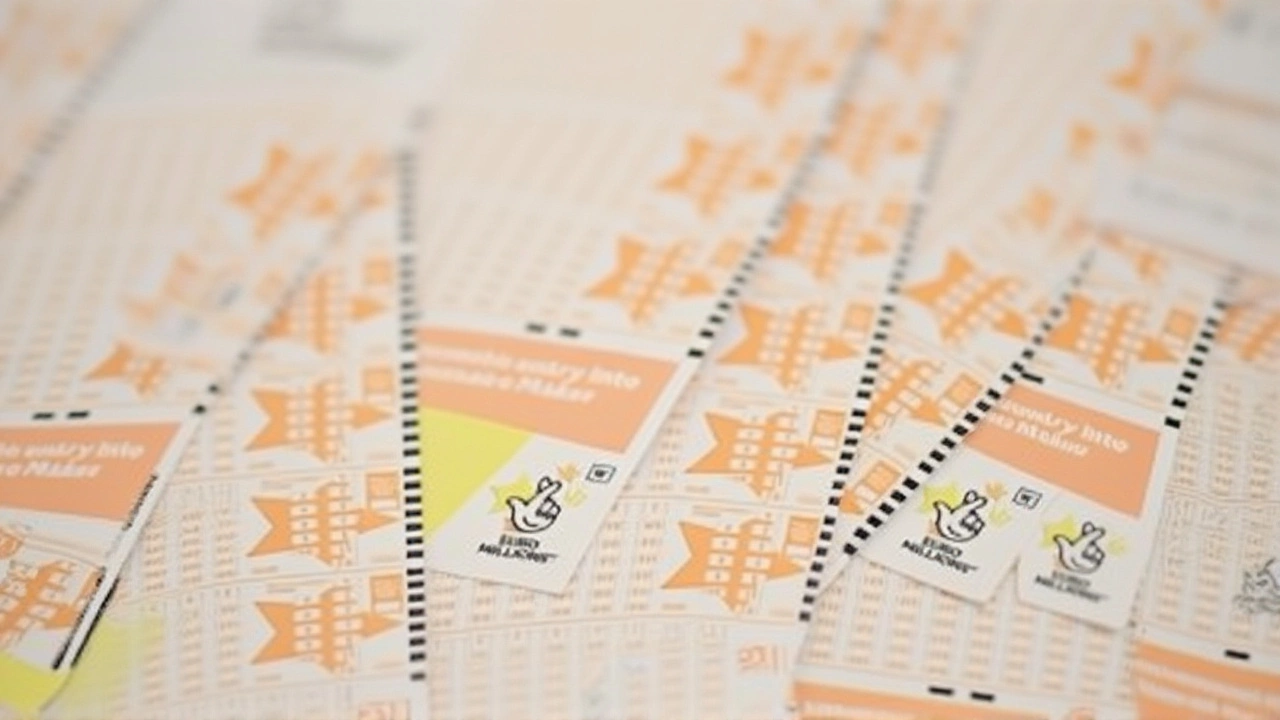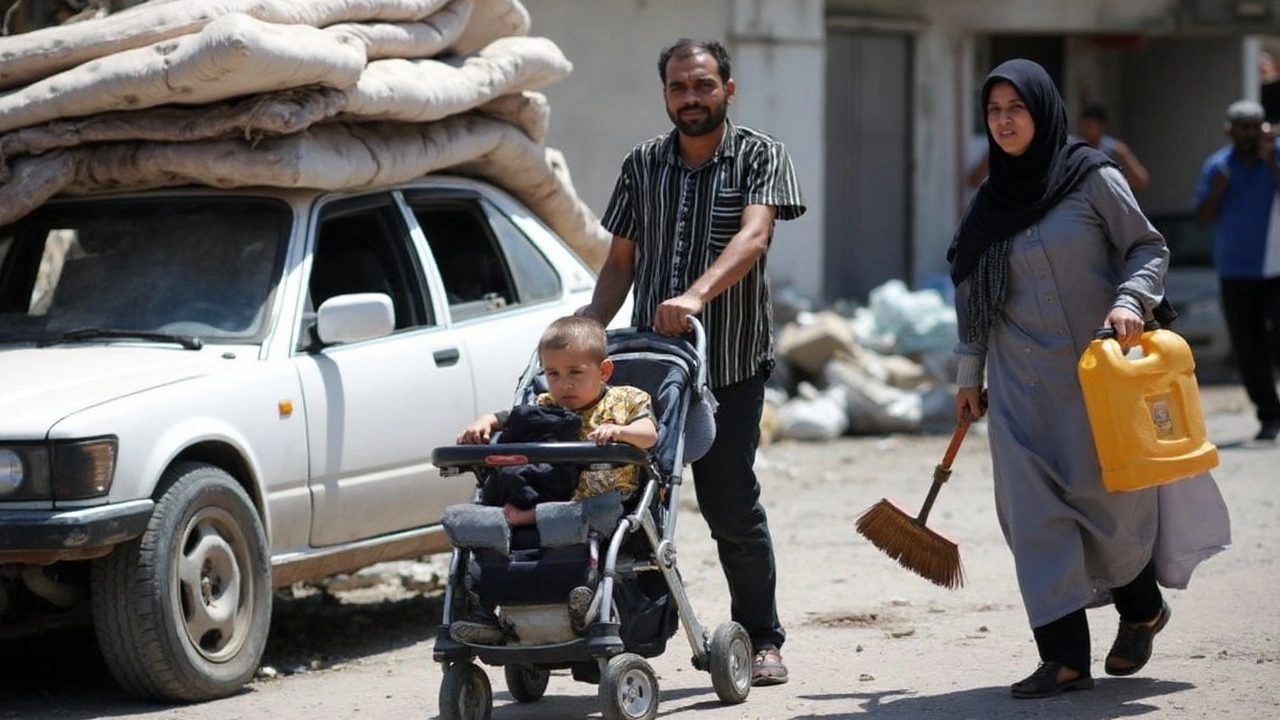World News: Gaza Famine Confirmed – UN Calls It a Failure of Humanity
Did you hear the latest? A United Nations‑backed study says Gaza City is officially in famine. That’s the most extreme level the UN uses – called IPC Phase 5. It isn’t just a headline; it’s a stark warning that half a million people could starve if nothing changes.
What the UN Report Says
The report looked at food supplies, health data, and how many people can get enough to survive. It found that more than 50% of households in Gaza City are unable to meet basic nutritional needs. That pushes the area into Phase 5, which means an extreme lack of food, a sharp rise in mortality, and a high risk of disease. The UN chief called it a man‑made disaster, pointing fingers at the blockade that limits aid.
Why It Matters
Why should you care? First, the famine isn’t staying in one town. Experts say Deir al‑Balah and Khan Younis could see the same conditions by September if aid doesn’t flow. Second, the numbers are huge – over 500,000 people are now in immediate danger. That’s more than the whole city of Dundee. Third, the situation affects regional stability. When people can’t eat, tensions rise, and the chances of broader conflict grow.
Israel has rejected the UN’s findings, arguing that the data is inaccurate and that it’s working to get aid in. Meanwhile, humanitarian groups on the ground say trucks are stuck at checkpoints, medical supplies are low, and water is barely safe to drink. The gap between what the UN says and what’s happening on the ground is widening, and the death toll could climb fast.
What can you do? Stay informed and share reliable updates. When you talk about the crisis, use the facts from the UN report – that adds credibility and keeps the conversation focused on the real issue. If you’re part of a community group, consider supporting reputable charities that are delivering food and medical aid. Even a small donation can help families get a meal or a dose of medicine.
Being aware is the first step. The famine in Gaza isn’t a distant statistic; it’s a human emergency that’s unfolding right now. By keeping the story alive, you help pressure decision‑makers to open corridors for aid and push for a lasting solution. The world watches, and the people of Gaza need every voice that can speak up for them.

Russian Escorts - Understanding the Unique Traits of Russia’s Escort Industry
Russian escorts operate in a hidden, high-risk environment shaped by law, culture, and survival. This article explores how the industry works, why clients seek it out, and the unspoken rules that define it.

Escort Services in Dubai: What You Need to Know
Understanding the real risks of seeking escort services in Dubai. Learn why paid companionship is illegal, how scams work, and what safer alternatives exist.

How PDCams.com Keeps Improving Every Single Day
PDCams.com improves daily by listening to user behavior, not feedback. No ads, no hype-just quiet, data-driven updates that make every visit smoother. See how they do it.

UK Winner Claims £25.7M EuroMillions Jackpot as Two Lotto Prizes Go Unclaimed
A UK ticket-holder claimed £25.7M from the EuroMillions draw on 10 October 2025, but two Lotto jackpots worth £12.6M remain unclaimed. The National Lottery urges winners to check tickets before the 180-day deadline.

FIFA World Cup 2026 Tickets: Dynamic Pricing, MetLife Final Costs, and Digital-Only Sales Revealed
FIFA World Cup 2026 tickets will be sold digitally only, with final match prices at MetLife Stadium reaching up to $7,875. Dynamic pricing, no stadium sales, and a December 5 draw will shape demand—fans must act fast or miss out.

Florence Welch Discloses Ectopic Pregnancy After 2023 Festival
Florence Welch reveals a 2023 ectopic pregnancy that nearly killed her, detailing the emergency surgery after a festival show and her new push for reproductive‑health awareness.

Gaza famine confirmed in Gaza City as UN calls it a failure of humanity
A UN-backed analysis has confirmed famine in Gaza City for the first time, putting the area at IPC Phase 5— the most severe level. Over half a million people face starvation, with conditions projected to spread to Deir al-Balah and Khan Younis by late September. The UN chief called it a man-made disaster. Israel rejects the findings, as aid groups warn deaths will climb without an immediate surge in access.